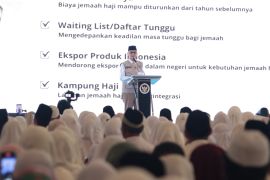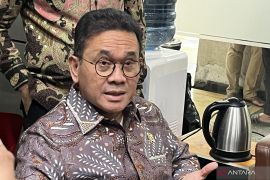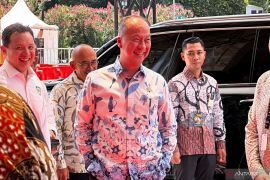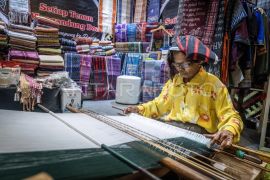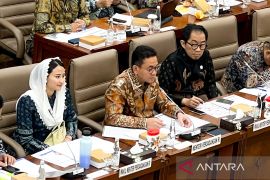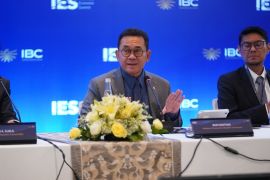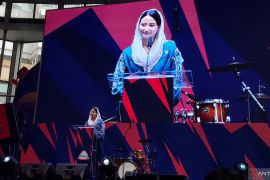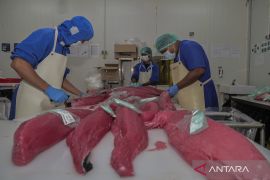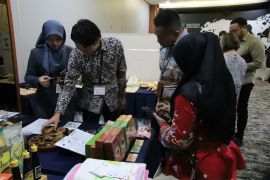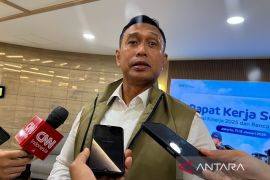"The figure is still below what Indonesia could actually do. Meanwhile, for economic development, Indonesia needs at least four to five percent of export growth," Head of the Economic Department of CSIS Yose Rizal Damuri said.Jakarta (ANTARA News) - Centre for Strategic and International Studies (CSIS) estimates that Indonesia is able to increase its exports of up to 3.2 percent in 2017 based on the projection growth of global economy.
"The figure is still below what Indonesia could actually do. Meanwhile, for economic development, Indonesia needs at least four to five percent of export growth," Head of the Economic Department of CSIS Yose Rizal Damuri here on Wednesday.
He explained that the figure of 3.2 percent has not yet included the impact of the possibilities of global protectionism policy, for instance the one that will be implemented by the United States.
"If the protectionism is more significant, the 3.2 percent figure should be lowered. Maybe two to three percent," Yose noted.
He said one of the breakthroughs that can be done by Indonesia is to increase its export capability to maintain its export capacity to the main export destinations.
In fact, the value of Indonesias exports to the main export destinations declined.
For example, the value of Indonesias exports to the US as one of the largest export destinations declined from 1.1-1.2 percent to 0.8-0.9 percent of the US imports.
Looking for new export markets, Yose said, can also be one of the breakthroughs to boost national exports, but it should not be a reason for the inability to maintain the existing markets.
"The new market is good, however there are existing export destinations, such as the US, Europe and China," he said.
Meanwhile, a researcher at the CSIS Department of Economics, Haryo Aswicahyono, explained that one of the export strategies that can be applied in protectionism situation is building bilateral cooperation actively.
"When multilateralism through international organizations is more difficult, Indonesia needs to be active in bilateral cooperation that requires negotiation," he said.
Haryo hoped the Ministry of Commerce will be able to improve its analysis and capacity building so that negotiations at bilateral level can yield economic benefits for Indonesia.(*)
Editor: Heru Purwanto
Copyright © ANTARA 2017

